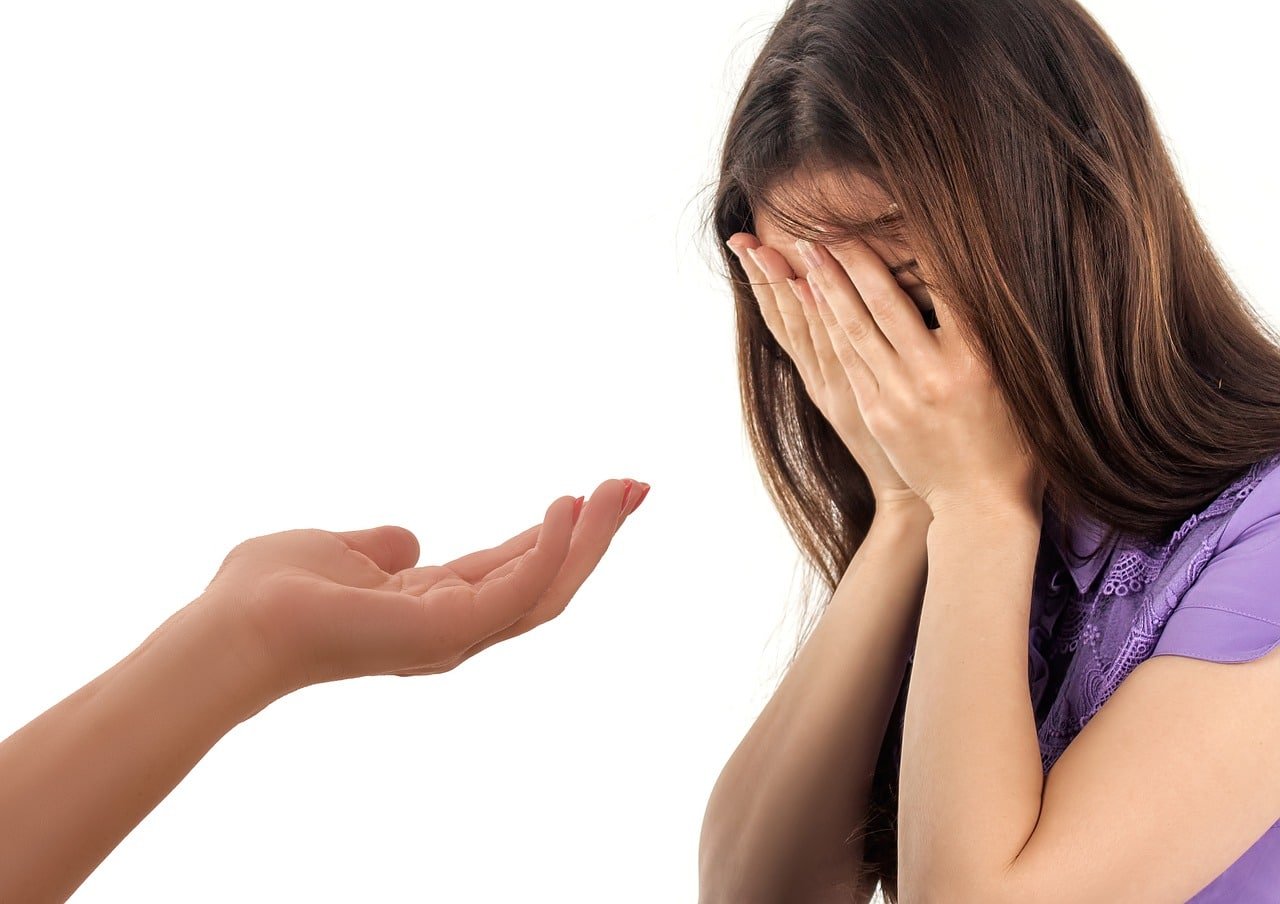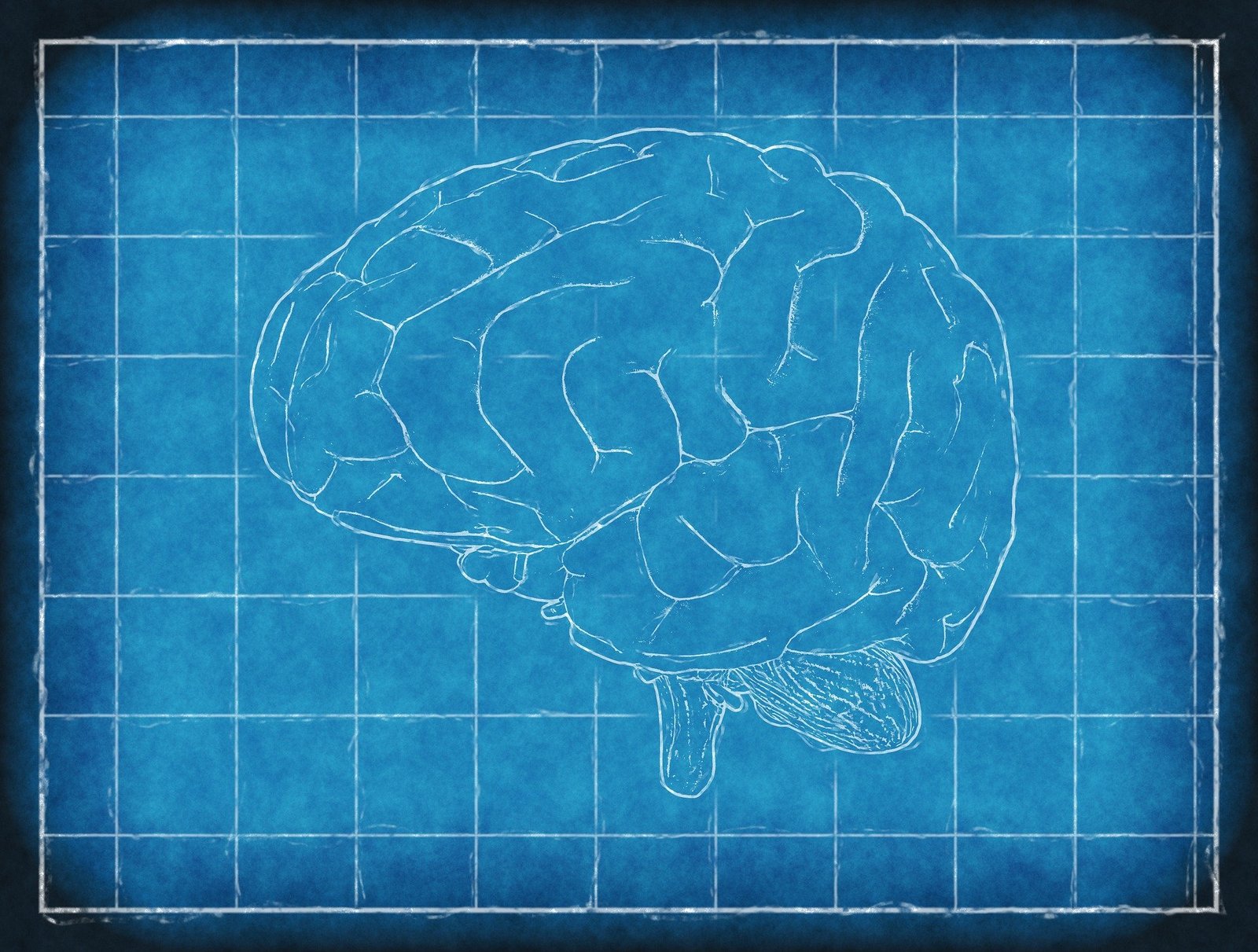Dr. Caleb W. Lack, Ph.D. is a licensed clinical psychologist, an Associate Professor of Psychology at the University of Central Oklahoma, and the Director of the Secular Therapist Project. Dr. Lack is the author or editor of six books (most recently Critical Thinking, Science, & Pseudoscience: Why We Can’t Trust Our Brains with Jacques Rousseau) and more than 45 scientific publications on obsessive-compulsive disorder, Tourette’s Syndrome and tics, technology’s use in therapy, and more. He writes the popular Great Plains Skeptic column on skepticink.com and regularly presents nationally and internationally for professionals and the public. Learn more about him here. Previous sessions can be found here: Session 1, Session 2, Session 3, and Session 4.
Scott Douglas Jacobsen: What does a secular therapist do in America? How do their methodology and practice differ from the majority of religious practices within the United States?
Jacobsen: How does a practitioner of evidence-based therapy acquire training and earn accreditation different from ones more oriented to theory alone or faith as the fundamental bases for their practice?








Article Discussion